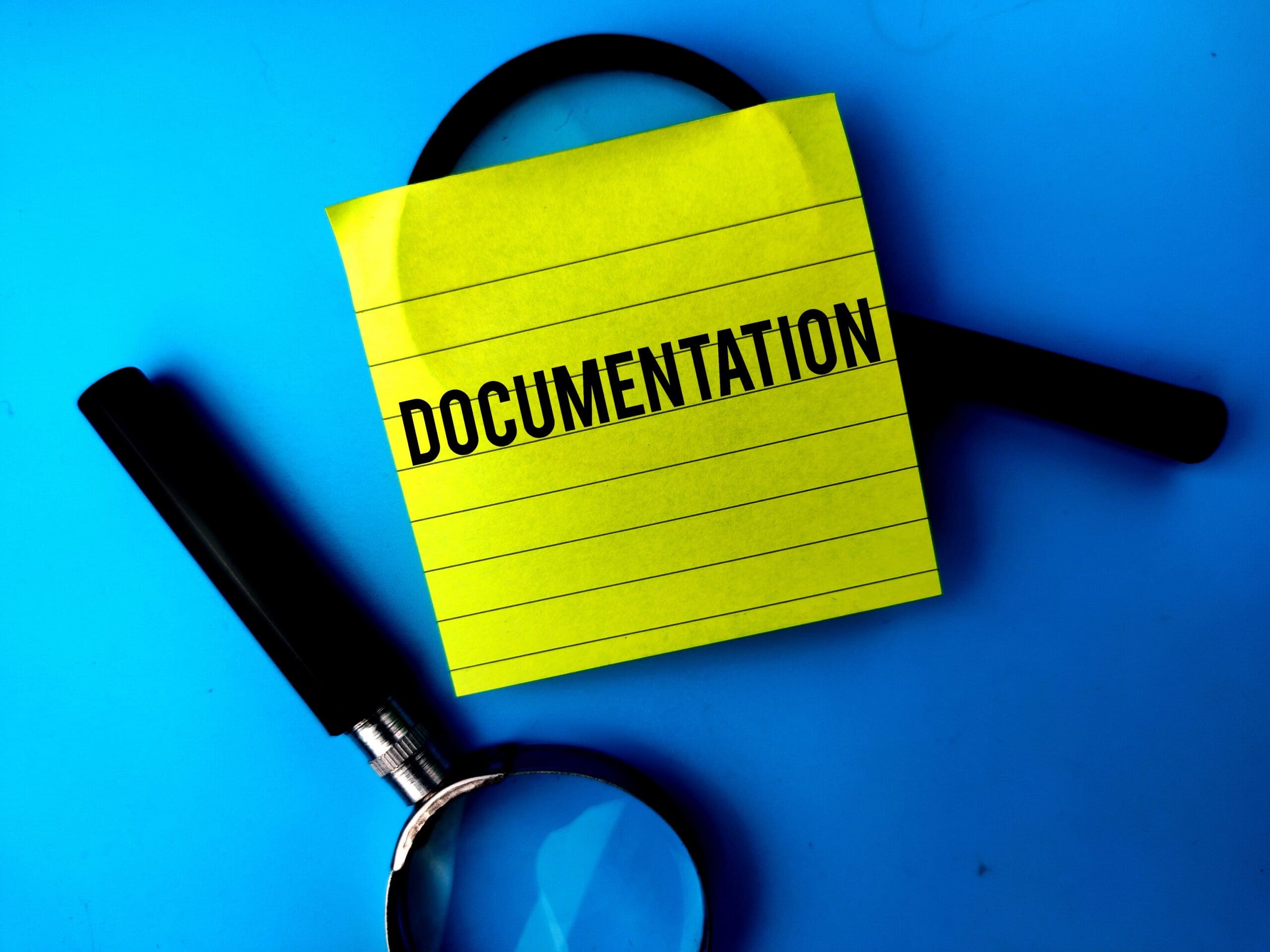Are you a real estate agent looking to enhance your expertise and deliver an exceptional experience to your clients? One essential aspect of your role is proper documentation for real estate transactions. While requirements vary by state, having a comprehensive understanding of the required paperwork and legal is crucial for ensuring smooth and successful transactions. In this guide, we’ll walk you through the key elements of proper real estate documentation and provide helpful guidelines to streamline your processes.
Listing Agreements
At the beginning of any real estate transaction, a listing agreement is drawn up between the agent and the property owner. This agreement outlines the terms and conditions of the agent’s services, including the property’s listing price, duration, and any applicable commissions. Make sure all parties involved sign this document to avoid any potential disputes.
Purchase Agreements

The purchase agreement is a vital contract that outlines the terms and conditions of the property sale. It includes crucial information such as the purchase price, contingencies, financing terms, and the closing date. Accurate and comprehensive purchase agreements are essential to protect both the buyer’s and seller’s interests.
Property Disclosures
Property disclosures are legal documents where sellers provide information about the property’s condition, known defects, and any potential issues. As an agent, ensure that your clients understand the importance of accurate disclosures, as they can protect them from future legal liabilities.
Inspection Reports
Inspection reports provide detailed information about the property’s condition after a thorough inspection. Encourage your clients to get professional inspections to identify any underlying issues that may affect the transaction. These reports play a crucial role in negotiations and decision-making.
Loan and Mortgage Papers

For transactions involving financing, there are various loan and mortgage documents that need to be processed accurately. Collaborate closely with lenders and clients to ensure all necessary paperwork is in order and submitted on time.
Title and Deed Documents
Title documents establish the legal ownership of the property, while deed documents transfer the property’s ownership from the seller to the buyer. Verify these documents for accuracy and completeness to prevent delays or legal issues during the closing process.
Closing Documents
During the closing phase, several documents need to be signed by both parties. These include the settlement statement, final purchase agreement, and any additional agreements related to the transaction. Attention to detail is crucial to avoid any last-minute issues.
By prioritizing proper real estate documentation, you not only protect your clients but also elevate your professionalism and reputation as a real estate agent. Always stay updated with any changes in local real estate laws and regulations to maintain compliance and ensure seamless transactions.
#RealEstateDocumentation #RealEstateAgents #PropertyPaperwork #LegalDocuments #RealEstateTransactions #RealtorTips #RealEstateSuccess
